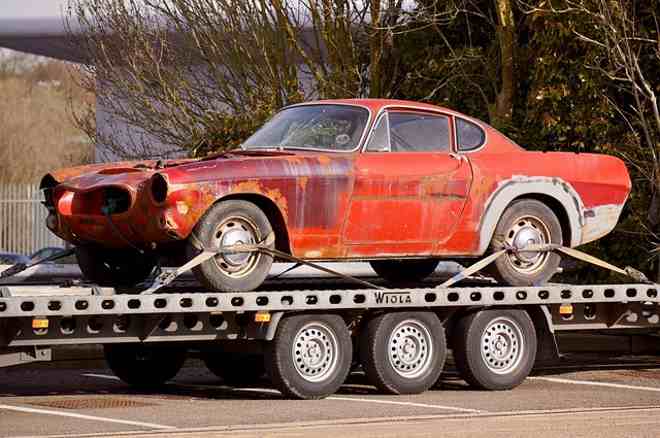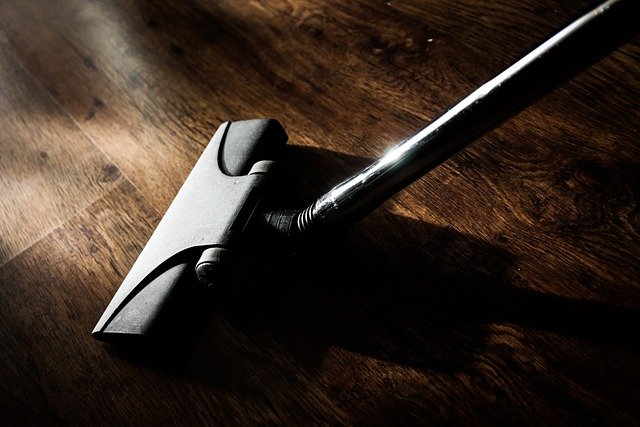The Process and Potential of Abandoned Car Auctions
Abandoned cars are a common sight in many cities and towns, often left behind by owners for various reasons. These vehicles eventually make their way into a system designed to reclaim and repurpose them, offering unique opportunities for budget-conscious buyers. This article explores the journey of abandoned cars from discovery to auction, and what potential buyers should know before participating in these sales.

How are abandoned cars processed before auctions?
When a vehicle is deemed abandoned, local authorities typically initiate a specific process. First, attempts are made to locate and notify the registered owner. If unsuccessful, the vehicle is impounded and held for a legally mandated period, usually 30 to 90 days depending on local regulations. During this time, the car is documented, photographed, and assessed for its condition and potential value.
If unclaimed, the vehicle enters the auction preparation phase. This involves a basic cleaning, removal of any personal items, and sometimes minor repairs to make the car presentable. However, it’s important to note that most abandoned cars are sold “as-is,” with no guarantees regarding their mechanical condition or functionality.
What financial factors should be considered when bidding?
Bidding on reclaimed vehicles can be financially appealing, but it’s crucial to approach with caution. The initial purchase price at auction is often lower than market value, which can be attractive. However, potential buyers must factor in additional costs that may arise:
-
Repair and restoration expenses
-
Towing or transportation fees
-
Title transfer and registration costs
-
Possible storage fees if the vehicle can’t be immediately moved
It’s advisable to set a firm budget before bidding, taking into account both the purchase price and estimated post-auction expenses. Thorough research on the specific make and model can provide insights into common issues and potential repair costs.
How do public auctions differ from dealer resales?
Public auctions and dealer resales of abandoned vehicles each have distinct characteristics:
Public Auctions:
-
Open to the general public
-
Often conducted by government agencies or contracted auctioneers
-
Typically offer a wider variety of vehicles
-
May have lower starting bids but can be more competitive
-
Usually sell vehicles “as-is” with limited or no warranty
Dealer Resales:
-
May be restricted to licensed dealers or require special permits
-
Often feature vehicles that have been minimally reconditioned
-
Can offer slightly higher prices but potentially better-quality vehicles
-
Might provide limited warranties or return policies
-
May offer financing options not available at public auctions
Why do buyers consider abandoned car sales?
Abandoned car sales attract buyers for several reasons:
-
Potential for significant savings compared to traditional used car markets
-
Opportunity to find rare or unique vehicles
-
Access to a wide range of makes and models in one location
-
Possibility of acquiring vehicles for parts or restoration projects
-
Lower entry barrier for those interested in car flipping or resale
For budget-conscious buyers, these auctions can be a gateway to vehicle ownership or a means to acquire a second car at a fraction of the usual cost. However, it’s crucial to approach these sales with realistic expectations and a clear understanding of the risks involved.
What should be checked before finalizing a purchase?
Before committing to an abandoned vehicle purchase, buyers should conduct thorough due diligence:
-
Vehicle Identification Number (VIN) check: Verify the car’s history and ensure it’s not stolen or has a salvage title.
-
Physical inspection: Examine the vehicle’s exterior and interior condition, looking for signs of major damage or neglect.
-
Mechanical assessment: If possible, bring a trusted mechanic to evaluate the car’s mechanical state.
-
Documentation review: Ensure all necessary paperwork for title transfer is available and in order.
-
Auction terms and conditions: Understand the rules of the sale, including any fees or restrictions on bidding or vehicle removal.
-
Local regulations: Be aware of any specific laws in your area regarding the purchase and registration of abandoned vehicles.
| Aspect | Public Auction | Dealer Resale |
|---|---|---|
| Accessibility | Open to public | May require dealer license |
| Vehicle Condition | As-is, often untouched | Minimally reconditioned |
| Price Range | Lower starting bids | Slightly higher, but may include basic warranty |
| Variety | Wide range of vehicles | More curated selection |
| Financing Options | Usually not available | May be offered |
| Buyer Protection | Limited or none | Possible limited warranty or return policy |
Prices, rates, or cost estimates mentioned in this article are based on the latest available information but may change over time. Independent research is advised before making financial decisions.
Abandoned car auctions can be an intriguing option for those seeking affordable vehicles or unique restoration projects. While the potential for savings is significant, buyers must approach these sales with caution, thorough research, and realistic expectations. By understanding the process, considering all financial factors, and conducting proper due diligence, interested parties can navigate the world of abandoned car sales more confidently and potentially find valuable opportunities.




